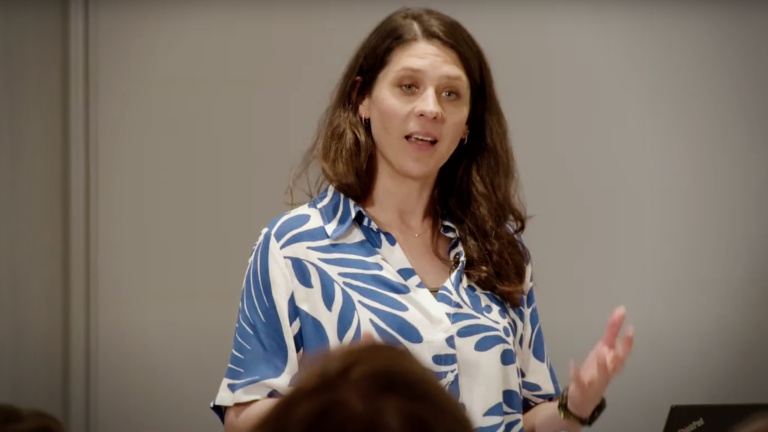School and education
Ensuring access to good schools and courses of education is a core assignment for the welfare society. Together with those in the other Nordic countries, the Danish welfare society is categorised as belonging to the group of “universal welfare societies”, which provide equal access to public sector services for all citizens. A key aspect in this context is free and equal access to schools and education. Such free and equal access goes a long way to explaining the success of the Danish welfare society in generating prosperity and a relatively low degree of inequality.
On account of the high significance accorded to schools and education, the area attracts a great deal of political attention regarding the structure of the schooling and education system, as well as resource consumption within the system. Some of the core issues with regard to schools include whether the pupils obtain a satisfactory level of academic skills, and the level of well-being they enjoy in their everyday lives. Another important question is whether the school is sufficiently successful in breaking the cycle of social inheritance.
With regard to the education system, other key questions centre on how to ensure that as many people as possible receive an education, the extent to which the education system provides young people with the skills they need on the labour market, and whether the system has the capacity to take care of groups facing special challenges – children of immigrants and marginalised young people, for example.
Here at the ROCKWOOL Foundation, we work with a wide cross-section of the problem issues that exist in relation to obtaining a robust schooling and education system. The school constitutes a hub in the lives of most children: not only does it play a central role in the life and well-being of the individual family, but it also has a decisive impact on children’s lives after they leave school.
Latest releases on school and education

Analysis
The national well-being surveys provide little meaningful insight into the well-being at individual schools
June 2025

Comment
Yes, the Danish Union of Teachers – there is something skewed about the way teachers assign grades.
May 2025

Video
Conference: Grade Disparities in Primary Education – Are Assessments Fair?
May 2025

Analysis
Changes in examination formats increase gender disparities in lower secondary school exams
May 2025
Employees who are particularly involved in school and education

Rasmus Landersø
Research Professor and
Head of Research in Education and Family
rl@rff.dk
+45 20 70 44 29
Labour market and employment
School and education

Eskil Heinesen
Research Professor
esh@rff.dk
+45 23 29 27 11
Labour market and employment
School and education

Miriam Gensowski
Senior Researcher and Head of Skill Development
mig@rff.dk
+45 52 72 95 28
Health and well-being
School and education

Mikkel Høst Gandil
Researcher
mga@rff.dk
+45 28 73 67 69
Labour market and employment
School and education
Read about our other welfare topics

